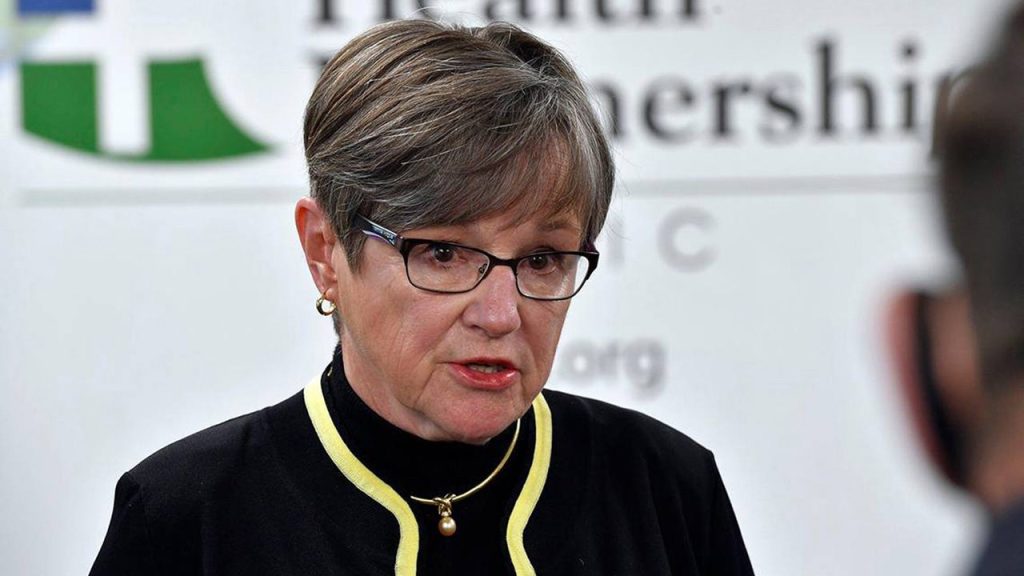The proposed restrictions in Kansas on the foreign ownership of land were vetoed by the state’s Democratic governor, Laura Kelly, on the grounds that the bill would be overly broad and could potentially disrupt legitimate investment and business relationships. The bill aimed to prohibit more than 10% ownership of non-residential property within 100 miles of any military installation by individuals from countries declared adversaries by the U.S. government, such as China, Cuba, Iraq, North Korea, and Venezuela. Republican lawmakers argued that the restrictions were necessary to protect military bases from potential spying by foreign governments, particularly China.
A report by Kansas State University revealed that Chinese ownership accounted for only a single acre of privately owned Kansas agricultural land, and all foreign individuals and companies collectively owned 2.4% of the state’s 49 million acres of private agricultural land. The bill would have required the university to compile annual reports on all foreign real estate ownership, including non-agricultural business property. The state already limits corporate ownership of agricultural land, and more than 20 other states have restrictions on foreign land ownership.
Kansas is a significant exporter, with $14.1 billion worth of products exported in 2023. China is the state’s fourth-largest trading partner, with $848 million worth of exports. Concerns over foreign land ownership were heightened after a Chinese spy balloon floated across U.S. skies, including over northeast Kansas, home to Fort Leavenworth. This incident, along with the construction of a national biosecurity lab near Kansas State University, led to increased interest in imposing restrictions on foreign land ownership in the state to protect critical infrastructure.
Republican lawmakers, such as Kansas House Majority Leader Chris Croft, expressed disappointment at the veto, as they believed it left military bases and critical infrastructure vulnerable to adversarial foreign governments. Some conservatives, like Kansas Attorney General Kris Kobach, advocated for even stronger restrictions, proposing a ban on all foreign ownership of more than 3 acres of land, with exceptions to be determined by a new state board. House Speaker Dan Hawkins reiterated the importance of protecting Kansas and its citizens from potentially exploitative foreign actors, despite the governor’s veto.
Critics of the proposed restrictions, including Democratic state Rep. Melissa Oropeza, argued that the bill could negatively impact immigrants, including those seeking refuge from oppressive regimes, by forcing them to sell their shops and restaurants. Some opponents suggested that support for the bill stemmed from xenophobic sentiments. The bill appeared to lack the necessary two-thirds majority in the state Senate to override the governor’s veto, meaning that the restrictions on foreign land ownership in Kansas did not come into effect. However, Republican lawmakers and supporters of the bill vowed to continue working towards protecting the state’s assets from potential threats posed by foreign entities.













